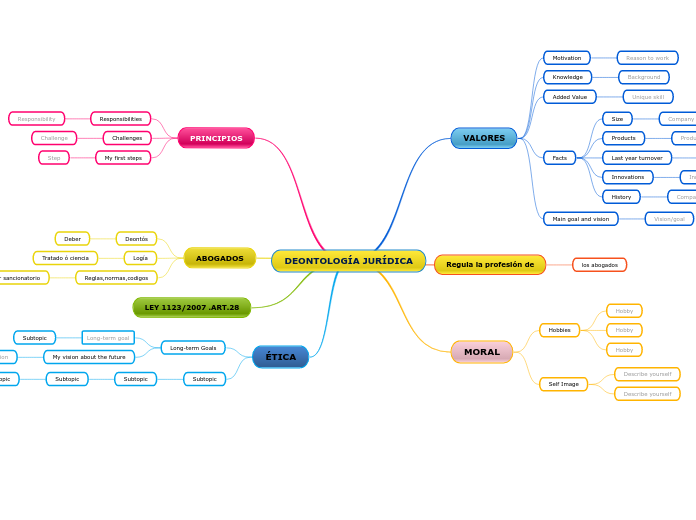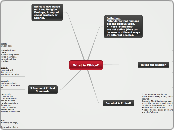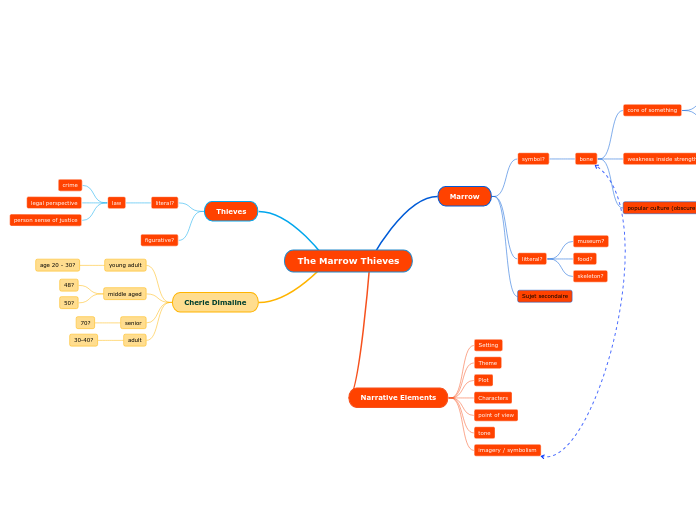av Faizah Yusoff för 8 årar sedan
527
Mind Map 1
Ethics in Islam encompasses a framework of moral values and guidelines for individual and societal conduct. Central to these values is the concept of 'Adl, which emphasizes justice and fairness, requiring individuals to be mindful of the consequences of injustice, avoid oppressors, and verify information before acting.









